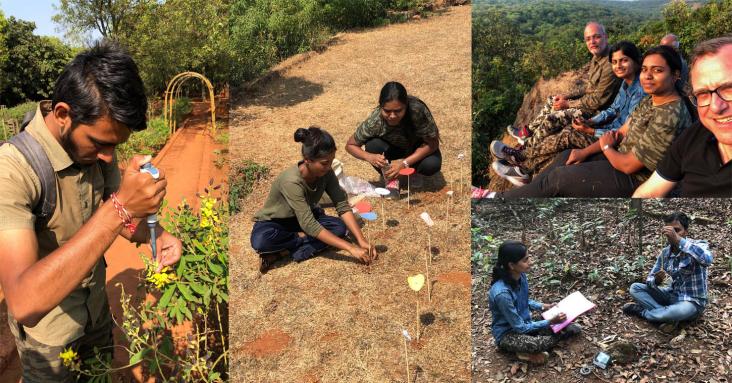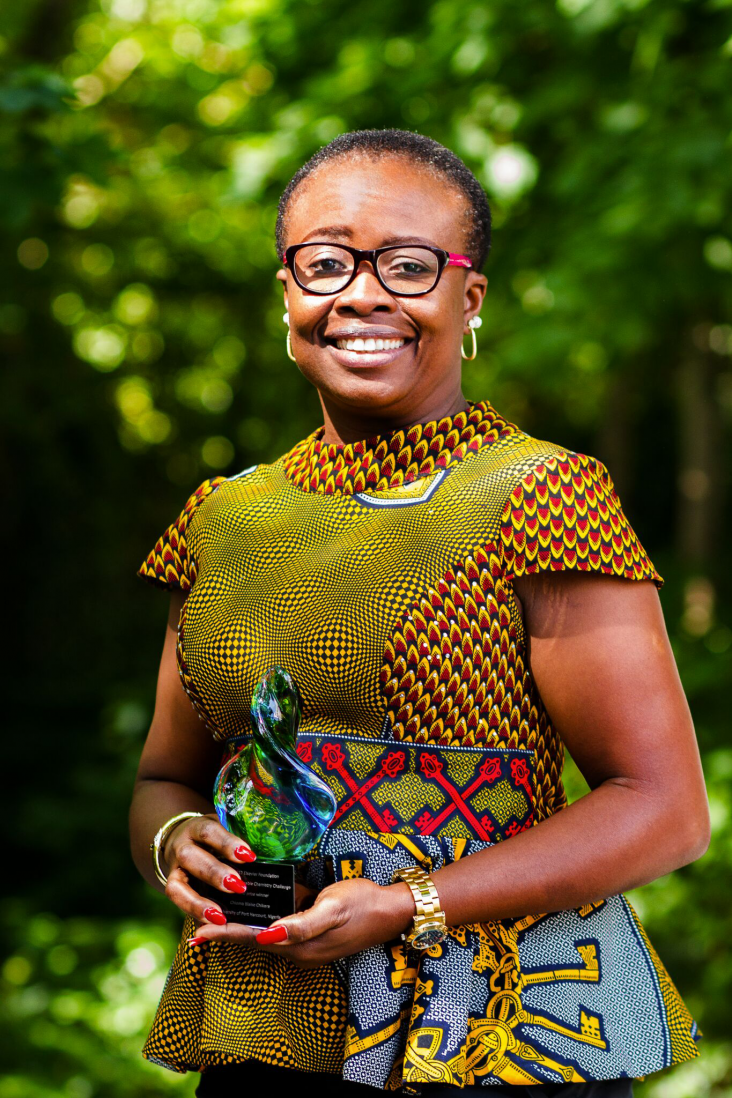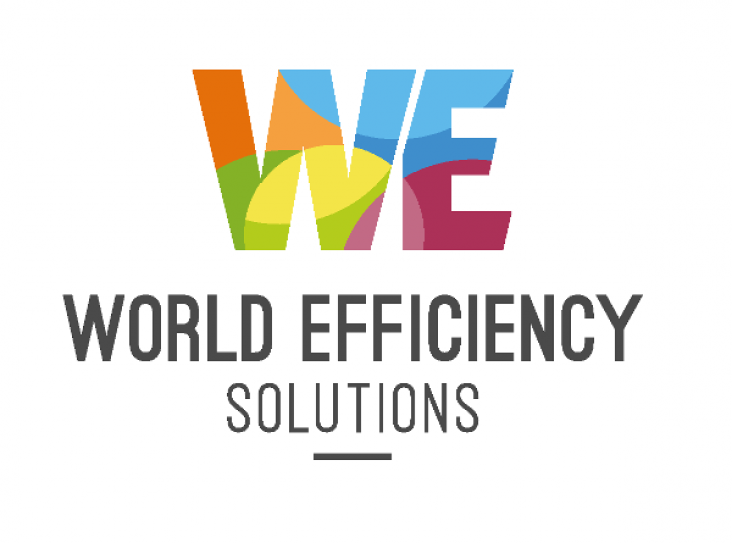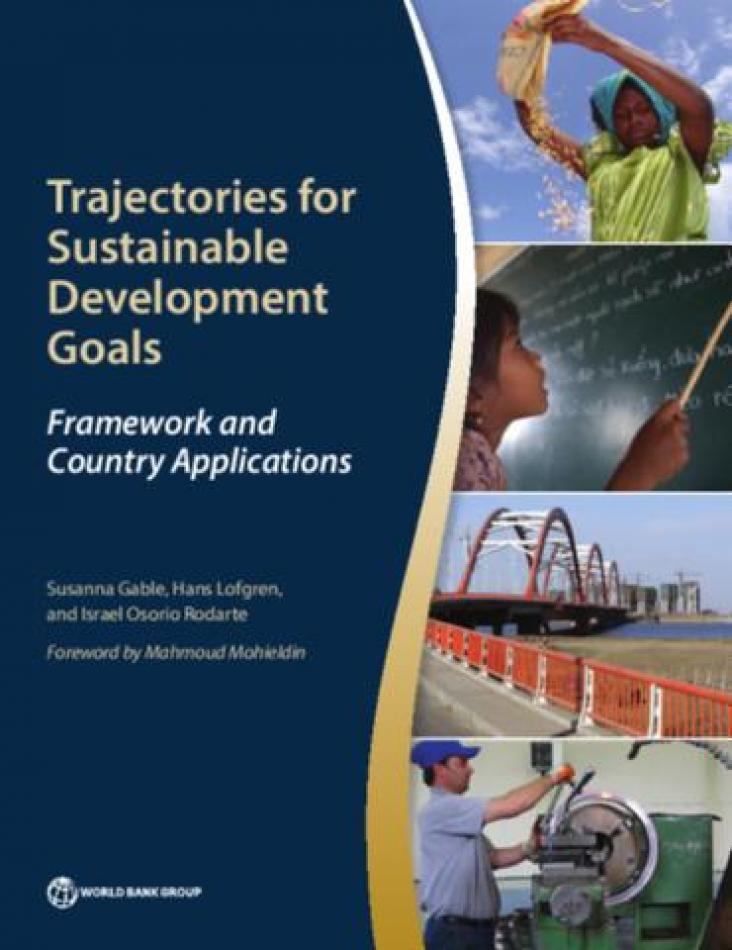
This articles highlights one of the winning proposals of the Elsevier Foundation Green & Sustainable Chemistry Challenge, “Butterfly attractant for pollination and ecosystem health.” The project, which combines ecology and chemistry, involved field observations and lab-based experiments to protect biodiversity in the Western Ghats of India by increasing butterfly pollination, contributing to SDGs 13, 15 and 17.

In 2017, Chioma Blaise Chikere was awarded the second prize of the Green and Sustainable Chemistry Challenge. Her project “Eco-restoration of crude oil-polluted land in Nigeria” demonstrated how organic nutrients such as garden fertilizers and animal excreta can be used to degrade hydrocarbons, cleaning up the soils heavily contaminated by decades of oil spills and advancing SDGs 6, 13 and 15. Three years later, we caught up with Dr. Chikere to learn about her research journey.

This article highlights the winning proposals of the fourth edition of the Elsevier Foundation Green & Sustainable Chemistry Challenge. The winning proposals were chosen for their innovative green chemistry aspects and their large positive impact on the environment, contributing to SDGs 6, 13 and 15.

Born in 1978, Pollutec is recognized today as the reference meeting place for environment professionals. The event develops multiple SDGs, including SDGs 6 (clean water and sanitation), 7 (affordable and clean energy), 12 (responsible consumption and production) and 13 (climate action).
Linking to Goals 2, 6, 15, 17, this toolbox connects your business to the latest tools, guidance, case studies, datasets, and more most relevant to you based on your circumstances and interests.

This article highlights the winning proposals of the third edition of the Elsevier Foundation Green & Sustainable Chemistry Challenge. The winning proposals were chosen for their innovative green chemistry aspects and their large positive impact on the environment, contributing to SDGs 2, 12, 13 and 15.

Supports Goal 15. The HPCC Systems community 10K Trees challenge has launched in conjunction with the National Forest Foundation’s effort to plant 50 million trees across the National Forests of the USA by 2023.

World Efficiency Solutions (WES) is the premier international meeting for the low-carbon and resource-efficient economy focussed on creating the low-carbon and resource-efficient market place. WES was first held in 2015 in Paris during COP21 negotiations, focusing on climate change solutions. World Efficiency develops a new environment consensus: economic and human activities must, to be sustainable, be redesigned to limit their impact on the environment while awareness of the planetary limits (climate change and resources scarcity) becomes widespread. A key objective for WES 2017 is to Identify new market opportunities aligned to the 2030 Sustainable Development Goals (estimated market opportunities are larger than USD 12 trillion) and the Paris Agreement on Climate Change from 2015.

This book presents the country development diagnostics post-2015 framework, developed by the World Bank Group to assess the country-level implications of the post-2015 global agenda, as well as brief, ‘at-a-glance’ applications of the framework to ten countries: Ethiopia, Jamaica, the Kyrgyz Republic, Liberia, Nigeria, Pakistan, Peru, the Philippines, Senegal, and Uganda.

This article highlights the winning proposals of the second edition of the Elsevier Foundation Green & Sustainable Chemistry Challenge. The winning proposals were chosen for their innovative green chemistry aspects and their large positive impact on the environment, contributing to SDGs 3, 8, 13 and 15.
